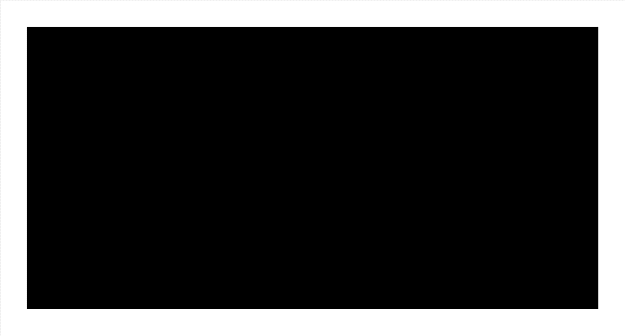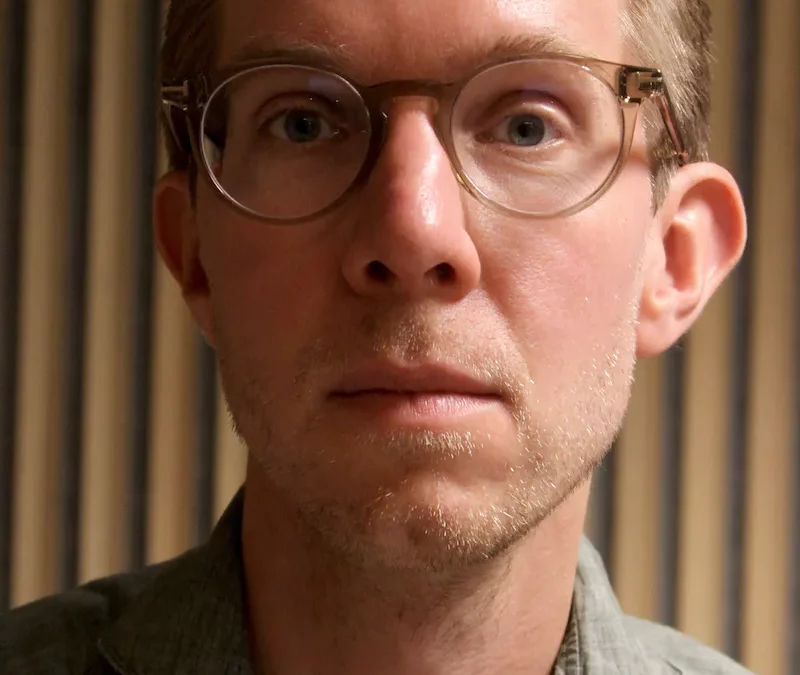Morten Langfeldt Dahlback
MediaFutures asked team members to answer a couple of questions about their work and thoughts on media and AI in 2023. These interviews have been first published in MediaFutures Annual Report 2023.
What was your task/position in MediaFutures last year?
– Faktisk.no joined WP3 as an industry partner in August last year. I’ve been part of that work package since then, and also taken a seat on the Steering Board.
Which media related topics were the hottest ones in 2023?
– Honestly, it’d be a stretch to cite anything other than (generative) AI here. It has been interesting to see how conversations – and efforts – around the technology developed over the course of the year, from, to discussions of how to deploy AI responsibly in their newsrooms. I’ve been particularly impressed with how well Schibsted has integrated AI-generated summaries of articles into their editorial products.
Of course, as fact-checkers, we’re still very much attuned to the risk that generative AI will be a huge boon to actors attempting to flood as many channels as possible with misinformation. Even so, I think more and more people in the fact-checking community are taking a more nuanced and measured approach to generative AI, and not just framing it as an information threat.
Personally, I think AI will do more good than harm in our corner of the profession, and not just because it’ll create more content for us to fact-check. We’re already seeing that AI can amplify our capabilities in data-driven journalism and verification, for example, both in projects like Faktisk Verifiserbar and in an ongoing project where we’re using multiple approaches to analyze Norwegian TikTok videos. I’m fairly confident that this kind of capacity amplification is a benefit of the technology that other small newsrooms will experience first-hand in the upcoming year.
What motivated you in 2023 to do research/invest in projects related to MediaFutures?
– For us, searching for ways to tackle the growing prevalence of audiovisual misinformation was – and remains – our primary motivation to invest time and energy into MediaFutures projects. Whereas text used to be the most prevalent medium for disseminating misinformation, there’s been a marked shift towards other modalities that accelerated during the pandemic. As platforms such as TikTok grow in popularity, short-form videos have become a more common way to share misinformation, but there’s also been an increase in the use of long-form videos and audio content to (intentionally or unintentionally) spread false claims about important issues.
For obvious reasons, it’s time-consuming and tedious for fact-checkers to watch and listen to all this content in order to locate misinformation, figure out where a video was recorded, and so on. For us, the projects in WP3 offer plausible, partial solutions to these challenges. We’ve already seen an example of how MediaFutures research can contribute to our work in the Tank Classifier we developed with Ph.d candidate Sohail Ahmed Khan before joining the consortium, and are optimistic about future results.
What media related event/research/result shocked you the most last year and why?
– I don’t know if I would say that it shocked me, but an event that really gave me pause last year was the use of deepfake audio in the Slovak elections. Synthetic audio clips where liberal candidate Michal Šimečka appeared to promise that he would double the price of beer, and others where he appeared to discuss how to rig the elections by paying members of the country’s Roma minority were uploaded to YouTube shortly before election day. These recordings may have had some influence on the outcome of the elections – and in favor of Robert Fico, a pro-Russia, populist candidate. Through some really impressive work, our fact-checking colleagues at Demagog were able to show that the audio was synthetic, but to me, this was one of the most ominous stories of 2023.
How did your view of the media industry/academia change during the last year and why?
– I’m not sure if I’d call this a change, but I’m even more convinced now than I was at the beginning of 2023 that channeling technological innovation to increase productivity is one of the most important challenges facing the media industry, but not necessarily with the goal of increasing the volume of content that we produce. There’s already a massive amount of content out there to consume, so the content media companies create needs to be more valuable and worthy of the user’s time and attention than what the competition – social media platforms and other content-providing services – has to offer. Things like AI-generated article summaries seem to point in a direction like this, but I think more widespread integration of AI-based tools into newsroom workflows will be equally important. We’ve been doing some experiments in that direction ourselves, and they seem to help us do things that we normally wouldn’t have the resources to do, like creating interactive maps of Israel and Gaza showing where events we have verified based on images and video can be accessed by our audience.
What was your greatest achievement and challenge in 2023?
– Our greatest achievement in 2023 was reopening the Faktisk Verifiserbar project (which also received the «Innovation of the Year» award at the annual Media Awards), together with NRK and the Institute for Journalism, to cover the war in the Middle East. The project brings together journalists from a wide range of newsrooms to verify images and video from conflict zones. These images and videos can then be used by any newsroom with access to NTB’s media bank, who can publish them while being confident that . We’re also very proud of the big AI package our media literacy division, Tenk, developed for teachers and students together with our Danish fact-checking colleagues at TjekDet.
Our greatest challenge is simple, but also very difficult: having the time and resources to actually notice, verify, fact-check, and debunk all the misleading content that is out there. As content is shared on an increasing number of platforms and in an increasingly diverse range of formats, I expect that that challenge will keep growing in 2024 as well.

